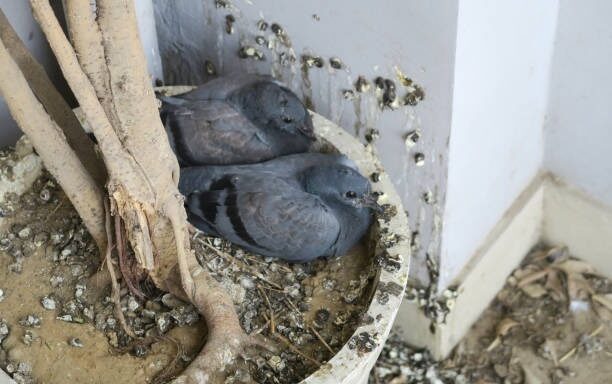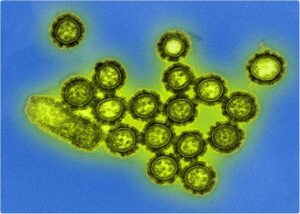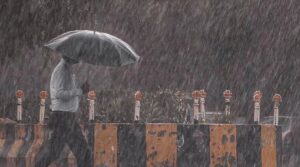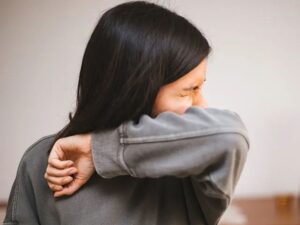City Pigeons Pose Silent Threat: Bird Droppings Linked to Serious Lung Diseases

City Pigeons Pose Silent Threat: Bird Droppings Linked to Serious Lung Diseases
Extended exposure to pigeon feathers or droppings may lead to serious respiratory conditions like hypersensitivity pneumonitis and fungal infections.
In Indian cities, where pigeons flock in large numbers, these seemingly harmless birds can silently affect public health. While often perceived as “benign city friends,” pigeons may be responsible for a host of respiratory issues, particularly in individuals with prolonged exposure to their droppings or feathers. The danger lies in the fine particles released from their waste and feathers, which, when inhaled over time, can lead to chronic illness and even irreversible lung damage.
Doctors warn that contact with pigeon droppings can initially cause flu-like symptoms such as fever, dry cough, fatigue, and breathlessness but repeated exposure may result in far more severe outcomes. These include chronic hypersensitivity pneumonitis (commonly known as Bird Fancier’s Lung), a condition marked by inflammation in the lungs that, if untreated, could lead to permanent scarring (fibrosis), reduced lung capacity, and, in extreme cases, respiratory failure requiring a lung transplant.
Most healthy individuals may not experience any issues. However, immunocompromised people, elderly citizens, or those with pre-existing lung conditions are especially vulnerable to diseases such as histoplasmosis and cryptococcosis, fungal infections found in areas contaminated with bird droppings. In many cases, patients mistake early warning signs like breathlessness, chronic tiredness, or recurring chest pain as asthma or seasonal allergies, thereby delaying appropriate treatment.
Experts say awareness is the first step in prevention. “Knowing about these risks can help considerably in safeguarding your lungs and coping with this widespread health hazard,” said one pulmonologist.
To prevent exposure and avoid health complications, a few simple precautions are advised:
- Avoid direct contact: Do not handle pigeon droppings or nests without protection.
- Clean carefully: Always dampen droppings with water before cleaning to avoid dispersing particles into the air.
- Use protection: Always wear gloves and an N95 mask while cleaning pigeon-infested areas.
- Repel pigeons: Block off potential nesting sites like balconies, attics, or ledges using netting or spikes, and ensure food sources are not accessible.
- Seal your home: Keep windows shut or install fine-mesh screens to prevent dust and droppings from entering your living space.
- Seek medical help: If you suffer from persistent cough, breathlessness, or fatigue especially after regular exposure, consult a doctor and mention your contact with pigeons.
By staying informed and adopting these preventive measures, urban dwellers can significantly reduce the health risks posed by pigeon exposure and ensure safer living in high-density areas.












